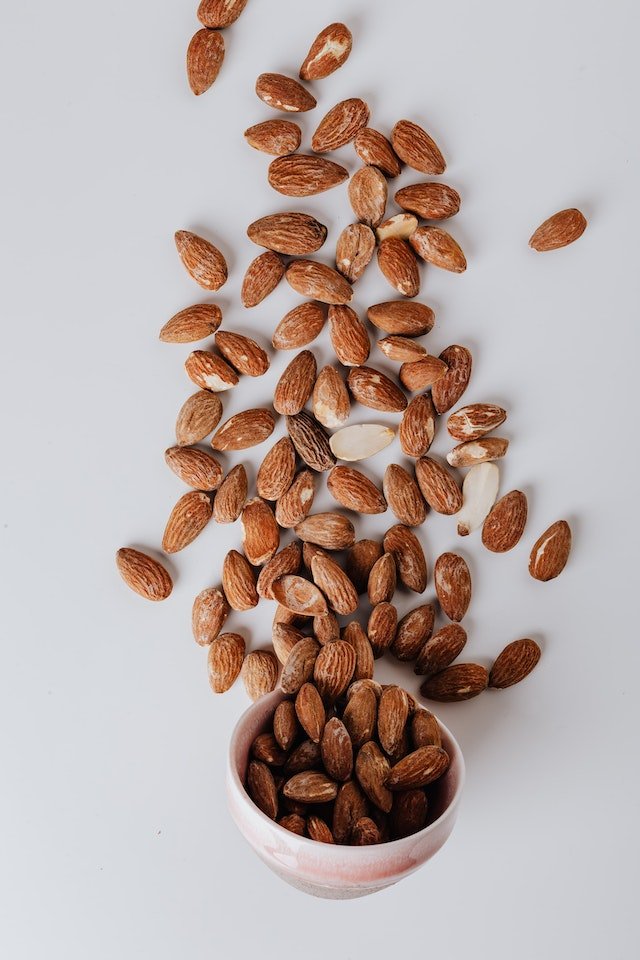The Delightful and Nutritious Sweet Potato: A Guide to its Health Benefits
Sweet potatoes, a member of the Convolvulaceae family, are a starchy root vegetable that offers a delightful combination of sweetness and vibrant colors. Unlike regular white potatoes, sweet potatoes have a higher sugar content, which gives them their distinct taste.
One of the key differences between sweet potatoes and white potatoes is their color. Sweet potatoes come in various hues, including orange, purple, and white. The orange variety, often referred to as a “yam” in North America, is the most common. However, it’s important to note that true yams are a different species altogether.
When it comes to texture, sweet potatoes have a softer and creamier consistency when cooked. This makes them perfect for mashing, roasting, or even baking into pies and desserts. On the other hand, white potatoes tend to be starchier and hold their shape better, making them ideal for dishes like French fries or potato salad.
Nutrition Facts
1 medium-sized sweet potato (about 5 inches long or approximately 114 grams) can provide:
- Calories: 103 kcal
- Carbohydrates: 23.6 grams
- Dietary Fiber: 3.8 grams
- Protein: 2.3 grams
- Fat: 0.2 grams
- Vitamin A: 1100 micrograms
- Vitamin C: 22.3 milligrams
- Folate: 6.84 micrograms
- Vitamin B6: 0.32 milligrams
- Calcium: 43.4 milligrams
- Potassium: 542 milligrams
- Zinc: 0.37 milligrams
Health Benefits of Sweet Potatoes
Digestive Support
The dietary fiber in sweet potatoes promotes healthy digestion and regular bowel movements. Fiber can also help prevent constipation and maintain gut health.
Help Balance Sugar
Sweet potatoes have a low glycemic index, which means they release sugar into the bloodstream slowly, helping to stabilize blood sugar levels. This can be beneficial for individuals with diabetes or those looking to manage their blood sugar.
Help Sustain Healthy Weight
The fiber content in sweet potatoes can promote a feeling of fullness, making it easier to control your appetite and reduce overall calorie intake.
Boost Cardiac Wellness
The potassium in sweet potatoes supports heart health by helping to regulate blood pressure and reduce the risk of stroke and other cardiovascular diseases.
Nutrients for Vision
Beta-carotene, a precursor to vitamin A found in sweet potatoes, is important for maintaining good vision and reducing the risk of age-related eye conditions such as macular degeneration.
Immune Support
Vitamin C in sweet potatoes is essential for a healthy immune system, helping the body ward off illnesses and infections.
Elevate Bone Health
The manganese content in sweet potatoes supports the growth and maintenance of healthy bones.
Ways to Enjoy Sweet Potatoes
Baked: Preheat your oven to 400°F (200°C), scrub and prick the sweet potatoes, then bake until tender.
Roasted: Cut sweet potatoes into wedges, toss with olive oil and seasonings, and roast at 425°F (220°C) until crispy.
Mashed: Peel and chop sweet potatoes, boil or steam until soft, and mash with butter, milk, and seasonings.
Fries: Cut sweet potatoes into strips, toss with olive oil and seasonings, and bake until crispy at 425°F (220°C).
Soup: Blend cooked sweet potatoes with broth and spices for a hearty soup.
Casserole: Make a classic casserole with mashed sweet potatoes topped with brown sugar, pecans, and marshmallows.
Stuffed: Bake sweet potatoes, slice open, and fill with toppings like black beans, avocado, salsa, and cheese.
Pancakes: Mix mashed sweet potatoes into pancake batter for a nutritious breakfast.
Fritters: Grate sweet potatoes, mix with spices, and fry into crispy patties.







